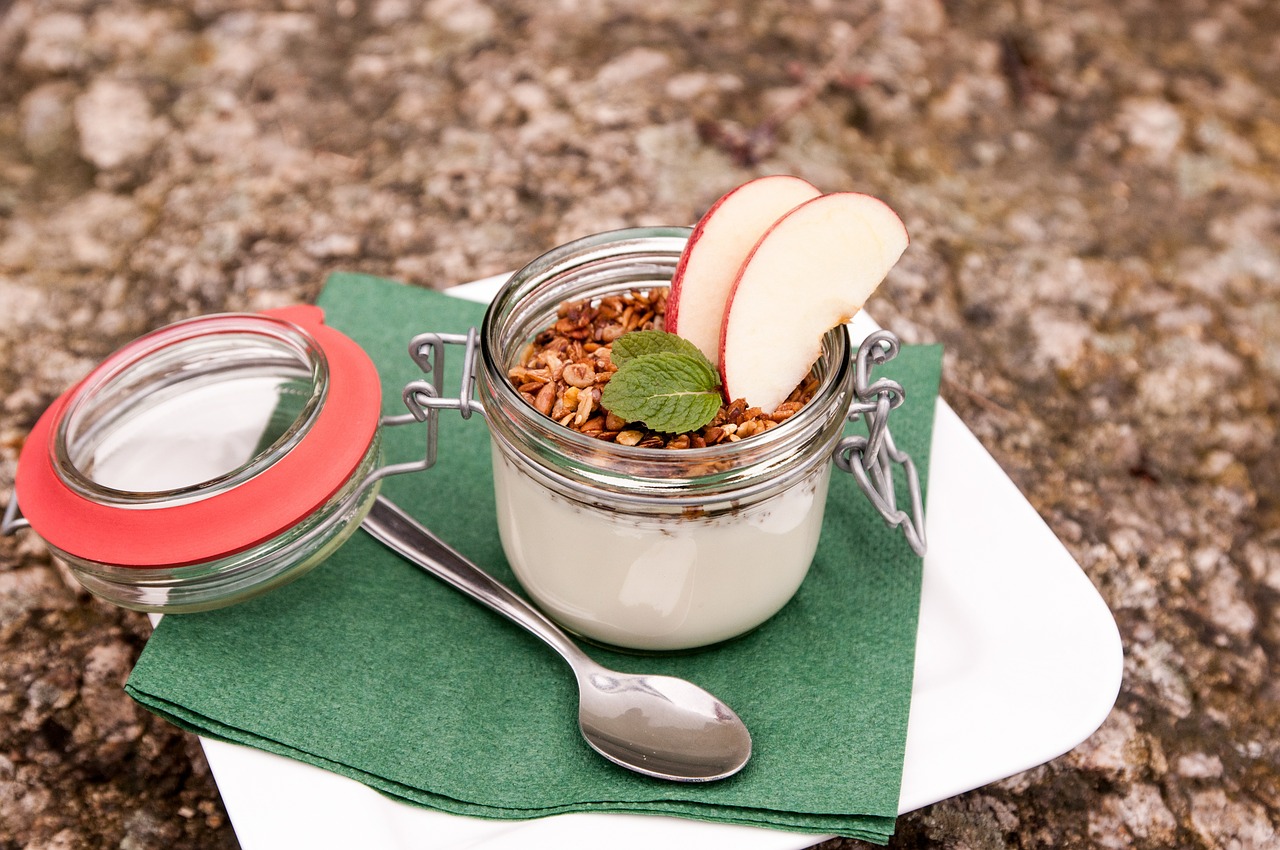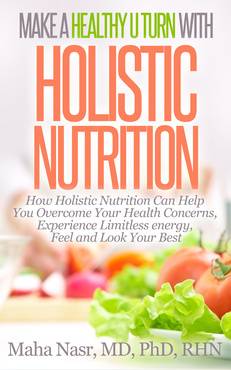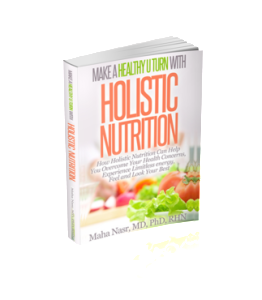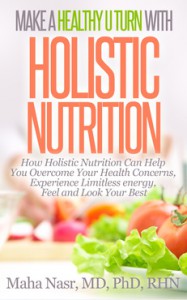Over four hundred species of bacteria weighing almost four pounds inhabit the digestive tracts of healthy humans. Some of these thousands of billions of bacteria and can cause disease while many are friendly and have established symbiotic mutual relationship with us.
Probiotics are:
Foods and supplements containing friendly beneficial bacteria that help maintain a healthy intestinal flora necessary for proper digestion and assimilation of food.
Prebiotics are:
Foods and supplements containing the nutrients that these bacteria need to grow and thrive. The key probiotic bacteria are bifidobacteria and lactobacilli. The key prebiotic nutrients are fructo-oligosaccharides (FOS), short chain fatty acids (SCFAs) and inulin (a fiber).
Food sources of prebiotic nutrients include:
Chicory root, Jerusalem artichoke, onions, garlic, asparagus and bananas.
Food sources of probiotic bacteria are:
Fermented foods such as yoghurt, kefir (fermented milk), miso (fermented soy paste), tempeh (soybean cakes), sauerkraut (fermented cabbage).
Benefits of probiotics:
- Manufacture B vitamins (biotin, B3, B5, B6, folic acid and B 12) and vitamin K
- Secrete lactase enzyme to break down lactose in milk
- Produce lactic acid improving the digestibility of foods
- Enhance bowel function and elimination
- Natural antibiotic against unfriendly bacteria, viruses and yeast as candida
- Act as anticancer factor by inhibiting bacteria that convert nitrates into nitrites
- Oppose putrefactive bacteria associated with a meat- rich diet
- Help eliminate bad breath
- Protect against the negative effects of radiation and pollutants
- Prevent skin problems as acne and skin infections
- Reduce the blood levels of cholesterol (by breaking down bile in the colon inhibiting its reabsorption into the blood)
- Optimize sex hormone levels, enhancing fertility
- Documented usefulness in the therapy of diarrhea, allergies, eczema, psoriases, colitis, irritable bowel syndrome, bladder infections, vaginitis and autoimmune disesases as rheumatoid arthritis and ankylosing spondylitis
Inhibitors of friendly bacteria:
- High sugar, refined foods, caffeine, nicotine and alcohol
- Antibiotics, steroids and birth control pills
- X ray irradiation and chlorine
Probiotic bacteria must be consumed everyday to be effective as they cannot implant in the gastrointestinal tract and leave the body quite readily. It is recommended to include probiotic and prebiotic foods in your diet regularly to counteract the many adverse conditions we are subjected to (stress, inadequate diet and pollution). Supplements contain much greater amounts of probiotic bacteria and are recommended after antibiotic use and to treat certain health conditions.
We offer tele-health coaching via Zoom, so we can help you if you are out of area. If you need help with your health and nutrition, sign up for a 15 Min Discovery Call with Registered Holistic Nutritionist and Life Coach, Maha Nasr to discuss your current goals and concerns and ask how we she can help you.
If you find this information useful, please feel free to share with your family or friends.




